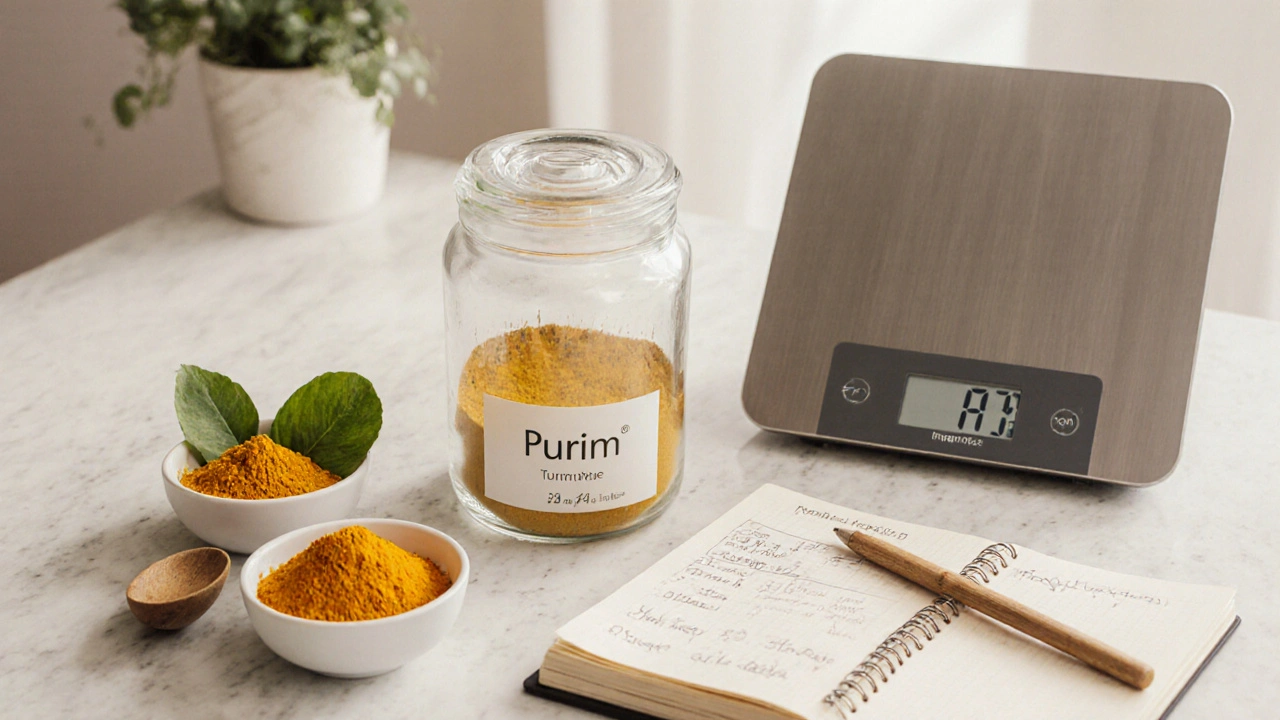Turmeric: Benefits, Uses, and Safety Guide
When working with turmeric, a bright yellow spice derived from the rhizome of Curcuma longa. Also known as Indian saffron, it has been a staple in Asian cuisines and Ayurvedic medicine for centuries. Curcumin, the primary active compound, gives turmeric its vivid color and most of its biological activity. This compound turmeric provides powerful anti‑inflammatory and antioxidant effects, which is why researchers are studying it for joint health, heart health, and even brain support. In everyday life, you’ll find turmeric in curry powders, golden‑milk drinks, and a growing range of dietary supplements.
How to Use Turmeric Safely and Effectively
For most people, adding culinary turmeric to meals is safe, but when you step into the supplement arena, you need a bit more guidance. Supplements, whether in capsules, tablets, or powdered form, aim to deliver a higher dose of curcumin than food alone can provide. Because curcumin is poorly absorbed on its own, many products combine it with piperine (black‑pepper extract) to boost bioavailability up to 2,000 %. Typical supplemental doses range from 500 mg to 2,000 mg of standardized curcumin per day, taken with meals that contain some fat to aid absorption. Most users experience mild gastrointestinal comfort, but high doses may cause stomach upset or, rarely, liver enzyme changes. Pregnant or breastfeeding women, people with gallstones, or those with a history of ulcer disease should talk to a healthcare provider before starting a turmeric supplement.
One of the biggest concerns with any herbal supplement is how it interacts with prescription medicines. Drug interactions can happen because curcumin can affect enzymes that metabolize many drugs, especially blood thinners like warfarin, antiplatelet agents, and certain diabetes medications. If you’re on anticoagulants, insulin, or statins, adding a high‑dose turmeric product could increase bleeding risk or alter blood sugar control. The safest approach is to start with a low dose, monitor how you feel, and discuss any supplement plan with your pharmacist or doctor. Checking for interactions ahead of time helps you enjoy the anti‑inflammatory perks of turmeric without compromising your existing treatment.
Below you’ll find a curated collection of articles that dive deeper into specific medications, buying guides, and safety tips. Whether you’re curious about how turmeric stacks up against other anti‑inflammatory options, want to learn about reputable online pharmacies, or need practical advice on combining supplements with your prescription regimen, the posts below cover a wide range of topics to help you make informed decisions.

- 18 Comments
A thorough comparison of the Purim supplement with turmeric, neem, and other herbal alternatives, covering ingredients, dosage, price, evidence, and how to choose the right product.
